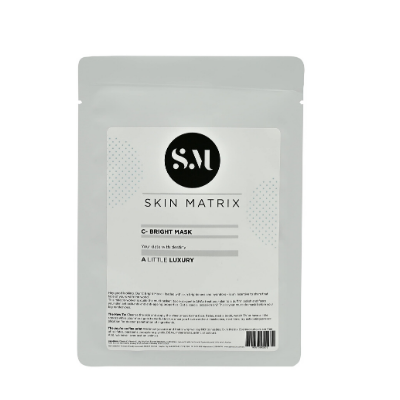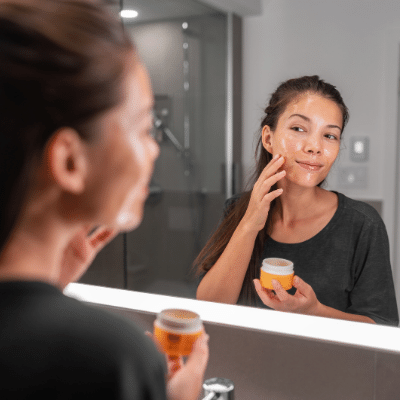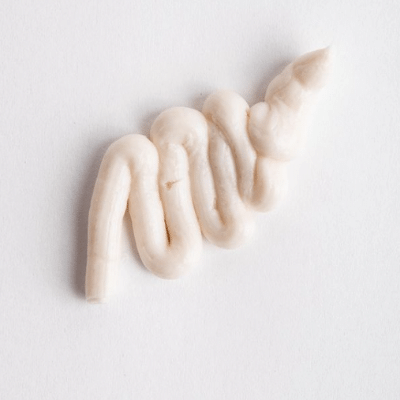
Sensitive skin is a common skin condition that baffles many of my clients and rightly so. It is rather complex and there are many elements that can set off further sensitivities if one is not aware. The desire to use active ingredients and have an elaborate skincare regime should go out the window for at least the first part of your home skincare protocol.
Ideally, I encourage my clients to completely strip back their home routine and keep it super simple. Then every few weeks add a new product in and watch what the skin does after you add a new product in. Watch and learn from the signs your skin gives you. You are your skin's best doctor, so get in tune with your skin and become familiar with the signs and pull back when needed.
Here are my top 5 mistakes that are super common when it comes to sensitive skin.
Using too many products
Your skin has a metabolism, seriously; it takes energy and time to digest all the goodness that you are slapping onto your face. Go back to basics – find the right cleanser and moisturiser for you and start using just these 2 products for 2-3 weeks. Let the skin breathe, have a metabolism holiday, and reset the skin so it is calm and ready for the next product addition.

Under nourishing your skin
Typically a sensitive skin has an impaired skin barrier, so the easiest way to assist your skin in repairing this barrier is to supply your skin with plenty of nourishment. If you have oily skin, go for a water-based moisturiser. If you get the right one you can use oodles and not break out. If you have normal to dry skin, go for a heavier oil-based moisturiser. As a rule of thumb, you are better off over nourishing your skin than undernourishing.
Overdosing on retinol or AHA’s
Vitamin A and AHA’s can dry the skin out, and increase the cellular turnover too much causing dehydration, tightness, further redness, flaking, and irritation. This is why I like to add in products step by step, when you add in Vitamin A (aka retinol) you will notice after a few weeks if your skin has become a little dry, you know to only use your vitamin A every 2nd night instead of nightly.
Perhaps your 2nd bottle of vitamin A you can try nightly again, there is no rush, remember that metabolism, it can only process so much. Don’t get me wrong these products are great and they all have a place in your routine, but overusing will only stress out your skin barrier and the skin cannot be calm whilst the barrier is impaired.
Using physical exfoliant
Manually removing dead skin cells typically is a no-no for sensitive skins. Opt for an enzyme mask that will gently digest the dead skin cells over 2-8 minutes that you leave the mask on for. Then you simply wash off and pat the skin dry. For anyone who gets a pimple or 2 after exfoliating, you may also enjoy an enzyme mask.

Using chemical sunscreen
Chemical sunscreens are absorbed into the skin by design to then attract those nasty UV rays and neutralize them. The chemicals in these styles of sunscreens cause cellular inflammation and are cytotoxic to our cells. This is not what sensitive skins need. A Mineral SPF is a far healthier option in my opinion and works just as effectively. There are some fantastic face mineral sunscreens available that do not leave a white zinc cast that I highly recommend.
Some products our clients love for sensitive skin:
Do you have a sensitive skin?
Complete our Matrix Program, a free online questionnaire and skin information tool.








 Webential
Webential